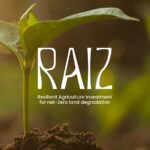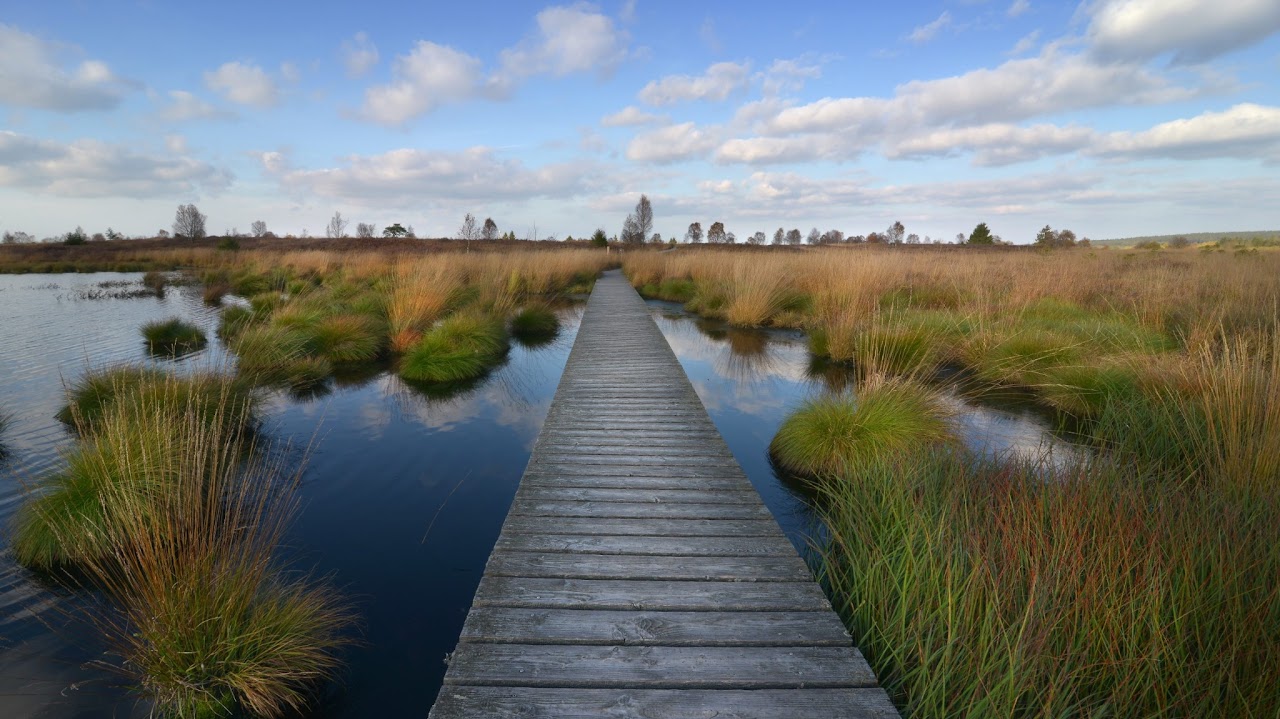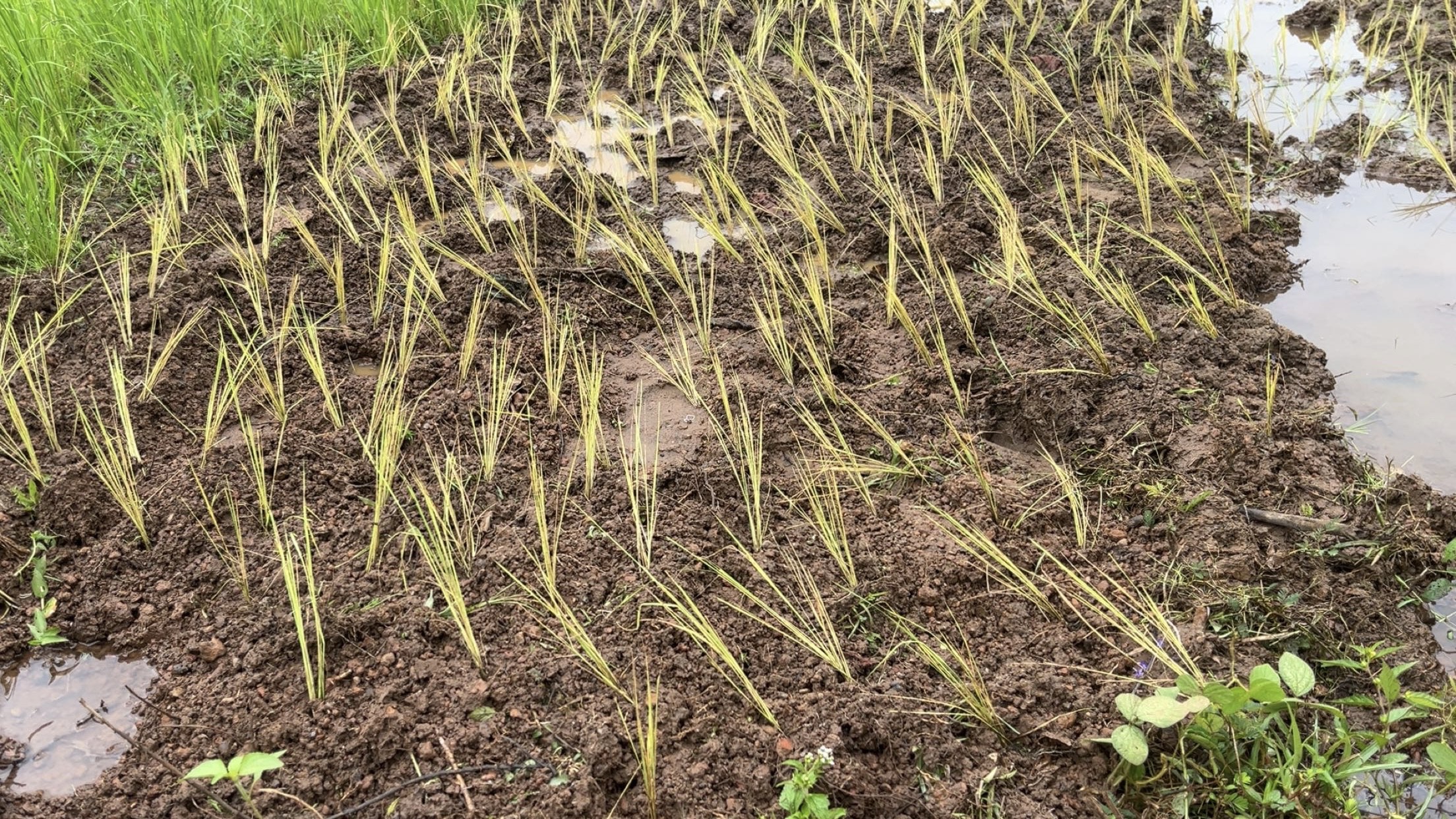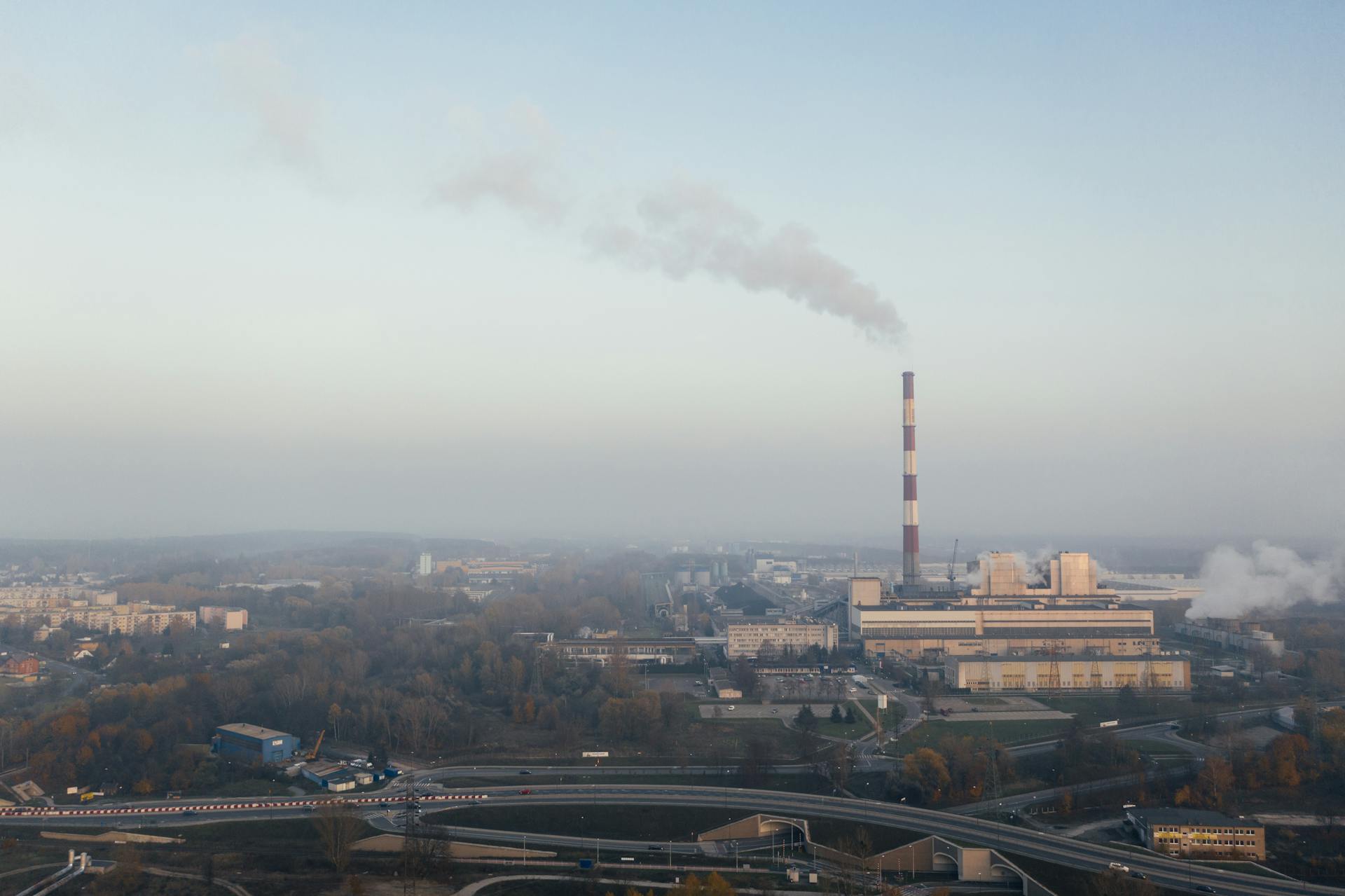“Trigger Change” Training of Instructors workshop for Asia closes

An intensive four-day workshop to instructors of “Trigger Change! Innovative Sustainable Agriculture Solutions for Land Restoration,” was held on 1-4 July at the Heartful Campus in Kanha, Hyderabad. It brought together 42 university professors from the region, who teach agriculture.
The objective was to equip educators with the knowledge and tools needed to integrate the “Trigger Change” course into their curricula. Participants engaged in interactive sessions, group activities and practical exercises to deepen their understanding of sustainable agriculture practices.
The course focuses on innovative solutions for sustainable land management and restoration. It was developed collaboratively by university professors, researchers and sustainable agriculture experts from around the world, with support from the G20 Global Land Initiative (GLI) hosted by the United Nations Convention to Combat Desertification (UNCCD).
The Kenha workshop was jointly organized by G20 GLI, the Indian Council of Agricultural Research (ICAR) and Heartfulness Institute.
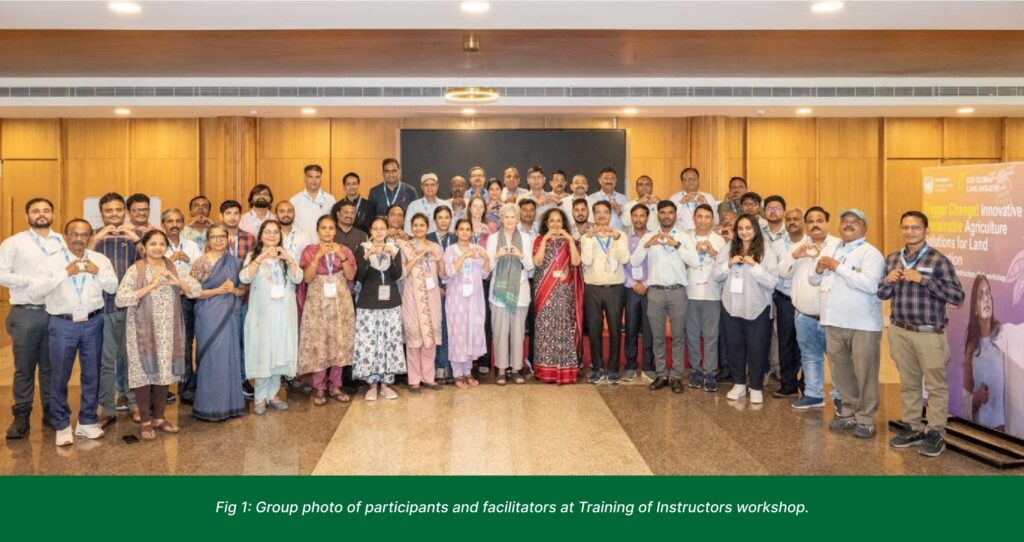
Participants began by sharing their insights on the challenges and opportunities of integrating the “Trigger Change” course into their curricula. It fostered a collaborative and reflective atmosphere, which generated diverse perspectives and innovative ideas.
The inaugural ceremony followed, and with opening statements by esteemed guests including, Dr Muralee Thummarukudy, Director, G20 Global Land Initiative at UNCCD, Dr R. C. Agrawal, Deputy Director General (Agricultural Education), ICAR, and Dr Ramesh Krishnan, Director, Heartfulness Educational Trust.
They spoke about the critical role of sustainable agriculture in land restoration and the importance of integrating these practices into educational programs.
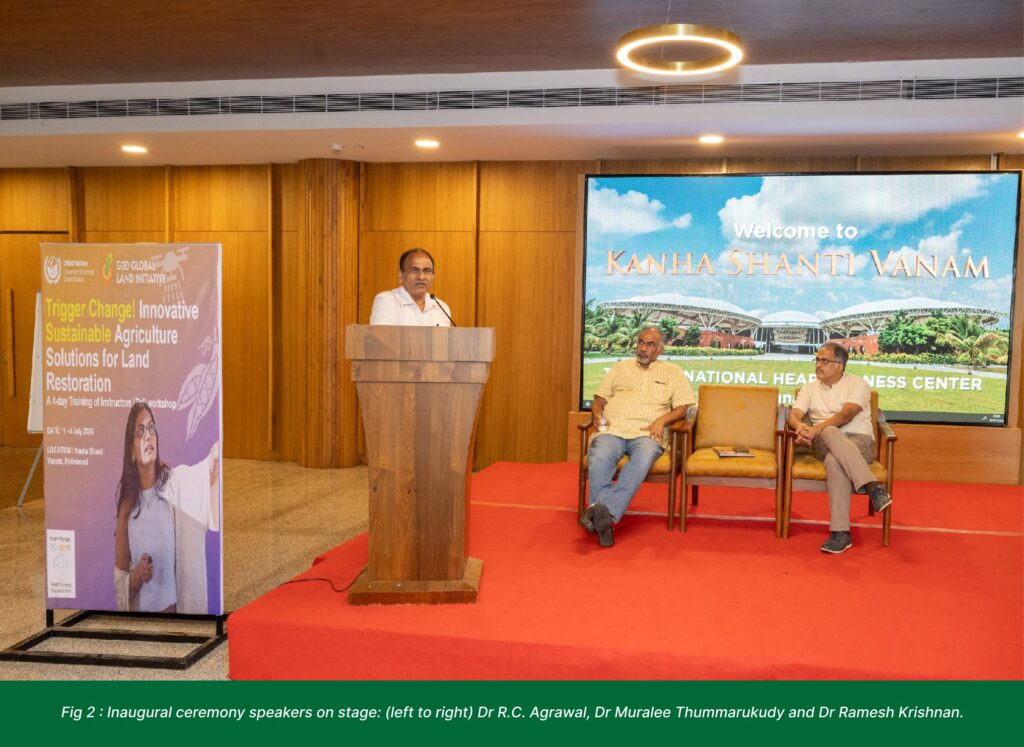
The workshop engaged participants in varied interactive activities, such as creating module and submodule posters, exercises to diagnose degraded lands, poster walks and discussion. The activities facilitated hands-on learning and an exchange of innovative ideas.
A key outcome was the establishment of a community of practice committed to advancing sustainable agriculture and land restoration. Participants were encouraged to stay connected, share their experiences and support each other as they integrate the “Trigger Change” course into their programs.
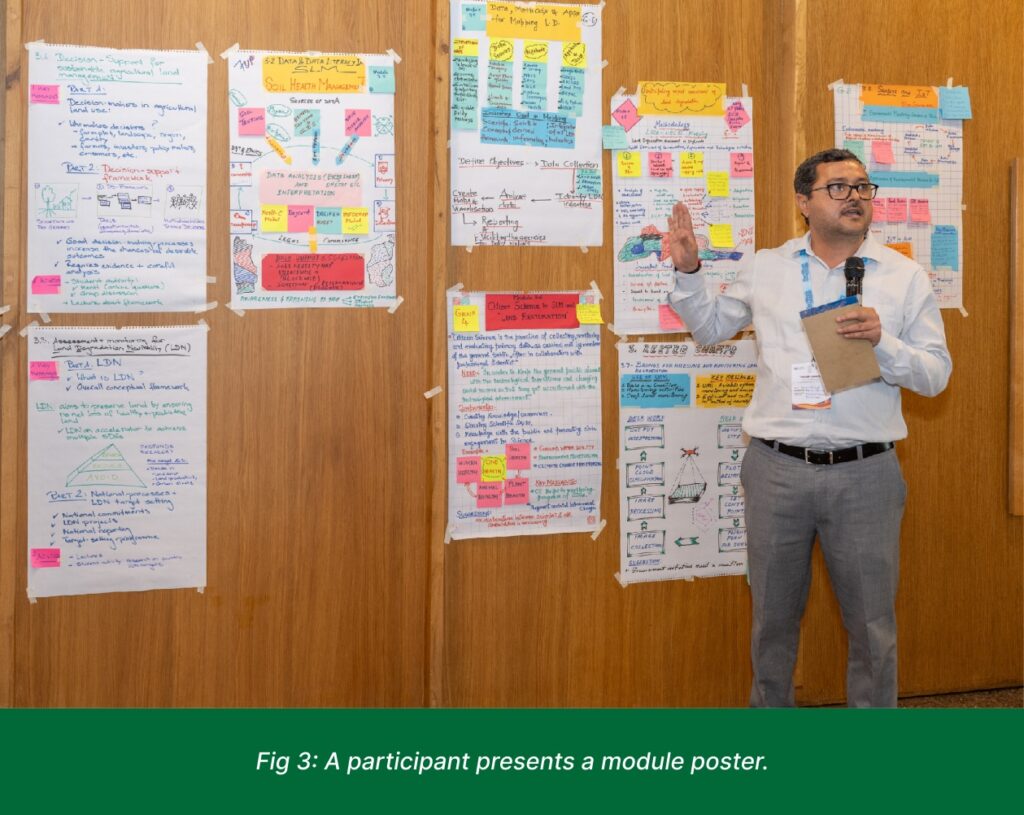
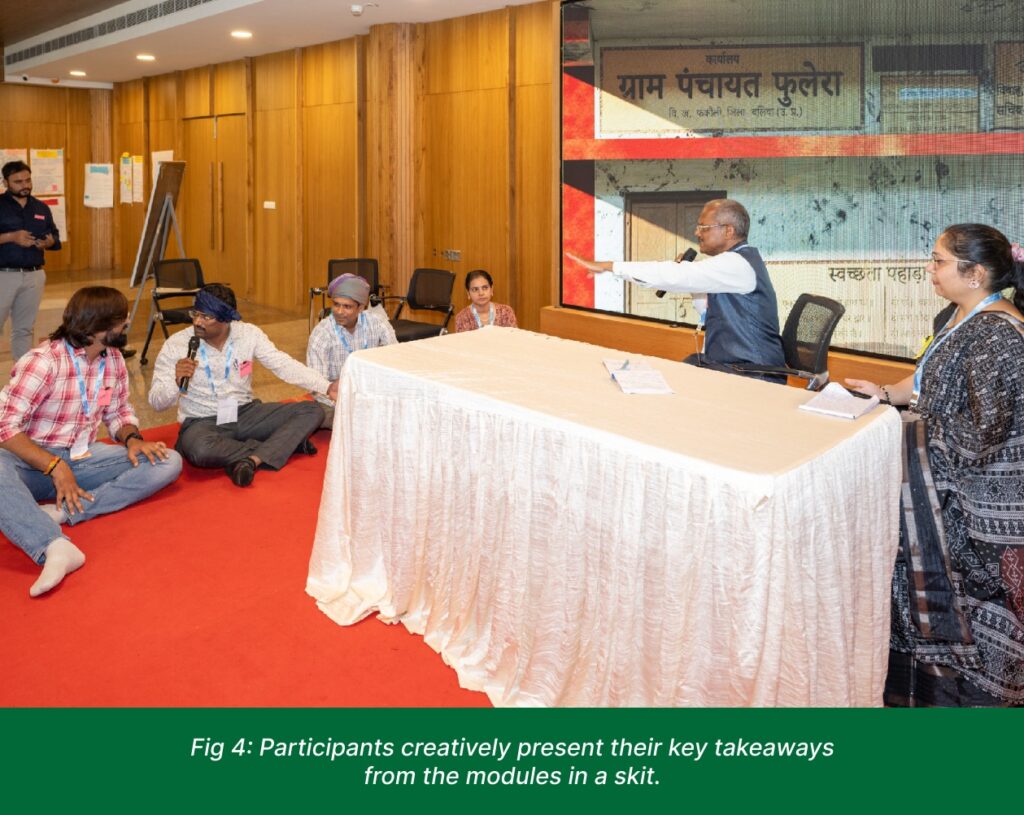
A highlight of the workshop was the creative way participants presented key takeaways from the modules. A skit with music added an engaging and entertaining dimension to the learning experience.
Participants enjoyed a field trip around the beautiful Kanha Shanti Vanam. A site that was once barren land is nestled in greenery. It boasts acres of restored land, including plantation sites and a rainforest. The site was a tangible example of successful land restoration.
Meditation sessions in between the workshops rejuvenated participants, helping them to connect with nature and maintain focus. The walks around the lush campus presented opportunities to reflect on the importance of their work in sustainable agriculture and land restoration.
The workshop concluded with a ceremony featuring the final thoughts of Dr Karen Sudmeier (G20 GLI, UNCCD), Dr Hema Palle (Heartfulness), and Dr Muralee Thummarukudy. They expressed their gratitude to the participants for their active engagement and dedication to sustainable agriculture.
The event ended with the presentation of course certificates to the participants to acknowledge their commitment and contributions.
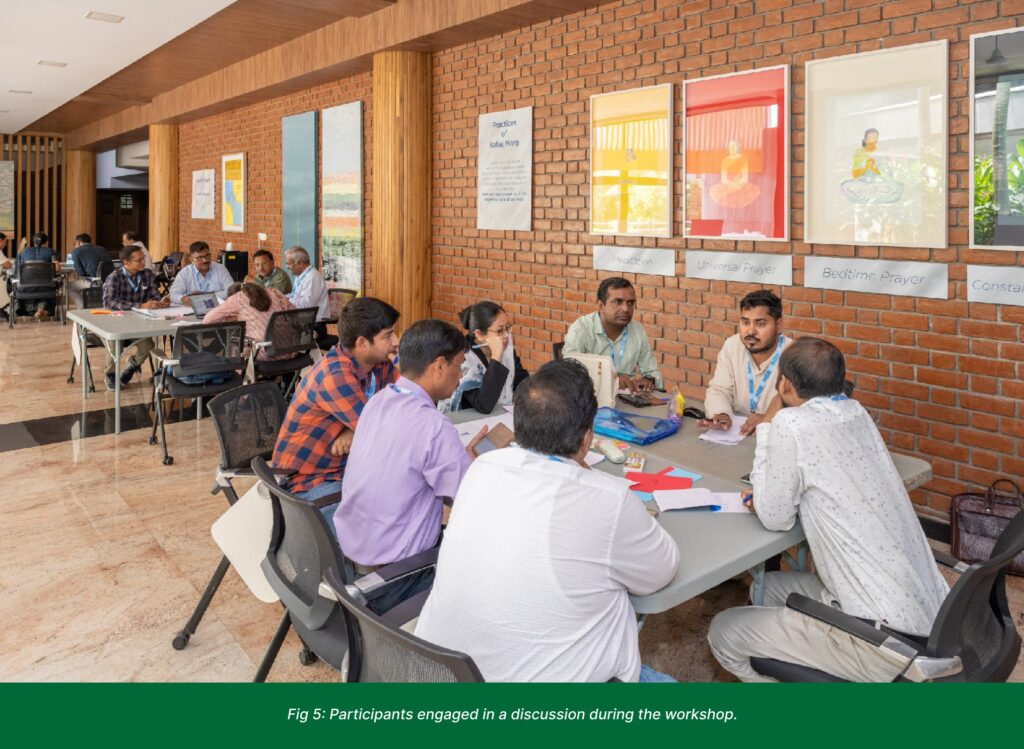
The “Trigger Change! Innovative Sustainable Agriculture Solutions for Land Restoration” Training of Instructors workshop marks a significant step towards advancing sustainable land management education. By equipping educators with the necessary tools and knowledge, this initiative aims to inspire and empower the next generation of environmental stewards. The ultimate goal is to integrate the “Trigger Change” course into college curricula worldwide, fostering a deeper understanding and commitment to sustainable agriculture and land restoration among students.
For more information about the “Trigger Change” course and future workshops, please visit the G20 Global Land Initiative website.



